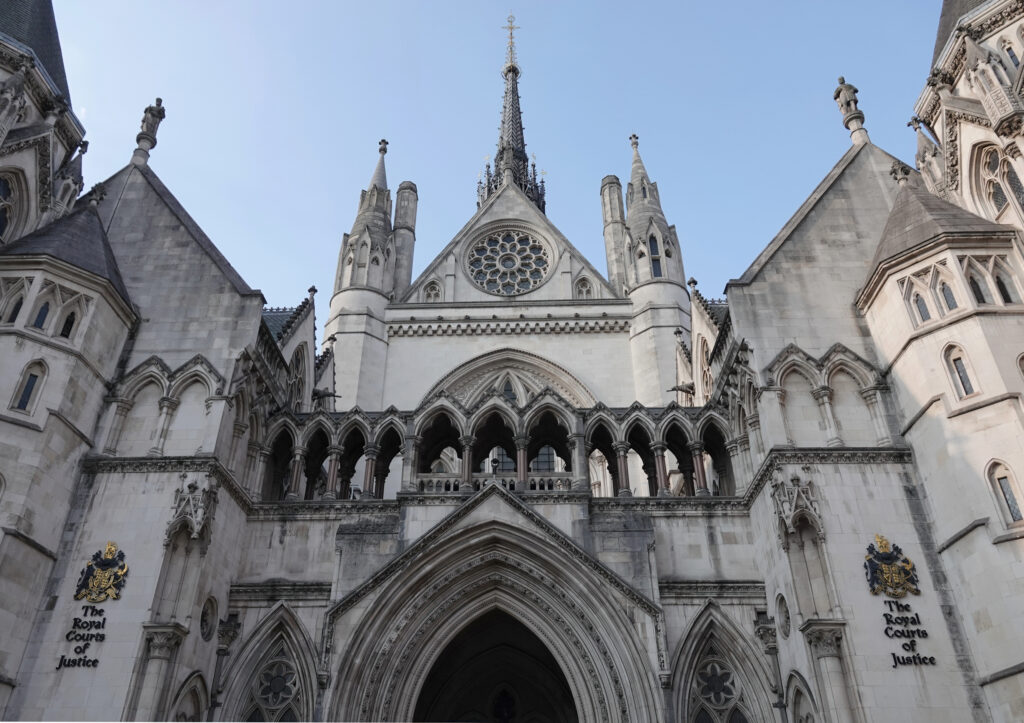Stephen Baker and Oliver Williams of our Dispute Resolution team explain how and when businesses might choose to settle a UK trade mark dispute with a co-existence agreement.
Co-existence agreements are commonly used to resolve trade mark disputes, as a convenient, cost-effective means of ending an opposition action and avoiding further uncertainty of proceedings at the Trade Marks Tribunal. A co-existence agreement is essentially a contract in which two parties agree to allow their respective brands to co-exist, subject to certain terms.
If you are seeking to resolve a trade mark dispute and believe that co-existence is a possible solution, our specialist solicitors can advise and assist you with safeguarding your intellectual property via a well-drafted agreement.
When is a co-existence agreement appropriate?
Co-existence agreements can be entered into at various points during a trade mark dispute.
When you apply for a trade mark that the IPO deems to be similar to an existing trade mark, they may notify the owner of that existing trade mark about your application and their right to oppose it.
It may be appropriate to propose a co-existence agreement even before an opposition is filed to head it off early. This is especially useful where it is clear that the parties’ respective use of their trade marks is (and will in the future be) unlikely to cause confusion to the public, due to their provision of different services and/or distinct geographical locations.
For example, if you sell items of clothing in London and the existing trade mark is registered in relation to restaurant services in Edinburgh, a co-existence agreement could ward off any misguided opposition.
Alternatively, a co-existence agreement can be used to settle active opposition proceedings at the IPO. It is sometimes difficult to tell when applying to register a trade mark whether there are any potential opponents, and even more difficult to determine whether they actually intend to oppose your application.
Any co-existence agreement should be carefully drafted, to ensure that the dispute is brought to a full close and not leave matters that still require litigation. Having a legal specialist to assist you ensures that you are not unknowingly agreeing to anything detrimental.
For an explanation of trade mark ‘classes’, registration, and opposition, please consult our previous article which can be found here. For more on passing off and trade mark infringement, please consult this previous article which can be found here.
What are the benefits of settling a trade mark dispute by agreement?
The most significant benefit to settling a trade mark dispute via a co-existence agreement is that it is much less expensive.
Neither party is forced to substantially re-brand or re-advertise themselves, or incur further costs of litigation.
A co-existence agreement is also a much quicker, more amicable resolution which reflects the commercial reality and is bespoke to the parties and their particular business needs.
If you are in a stronger legal position than your opponent, you may have greater negotiating power as to the terms of settlement, and can agree terms which grant you more substantial rights or remedies in respect of future-proofing or competition, for example.
Equally, if you are in a weaker legal position, your opponent may be persuaded to negotiate on better terms than you might expect to obtain at the end of IPO proceedings, in order to save the time and uncertainty of litigation.
What should the agreement cover?
It is ultimately a commercial decision as to what details to include in a co-existence agreement. However, at a minimum you should consider:
- Defining the parties carefully and what their businesses do
- Which specific trade mark(s) and/or brand identities the agreement covers
- Any limits on either party’s use of their trade mark (to avoid public confusion)
- Future-proofing, such as how the parties’ businesses intend to expand and whether this may produce conflict and how that is to be resolved
- Whether any modification or further registration of trade marks should be permitted, and the extent to which this is acceptable between the parties
- Whether it is appropriate to restrict or permit licensing or assignment of the parties’ trade marks
- How and under what circumstances the agreement might be modified or terminated
What happens if the other side breaches the agreement?
If the other party to the agreement breaches its terms, you may have a claim for breach of contract, as well as a potential trade mark infringement case. Remedies for such a claim could include an injunction (to prevent further breaches) and/or monetary damages.
Depending on the terms of the agreement, you may have to abide by specific provisions for giving ‘notice’ of such a claim to the other party, or complying with other obligations. Failure to comply with your obligations may also put you in breach of the agreement and weaken your position.
As such, it is important to seek expert advice as soon as practicable if you believe you have a claim against the other party in a co-existence agreement for breach of its terms. Our specialist solicitors are on hand to assist you in bringing or defending such a claim.
What now?
Our specialist solicitors are skilled in identifying legal issues surrounding intellectual property rights and providing practical solutions to our clients’ disputes. For more information on the contents of this article or advice on the issues raised, please contact us to speak to a member of our Dispute Resolution or Commercial teams.









